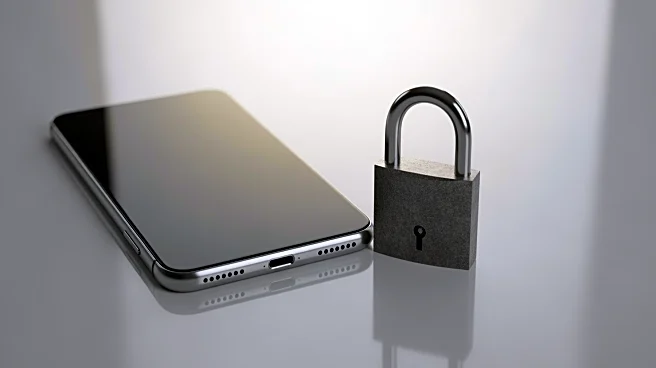What's Happening?
As protests are planned across the U.S., individuals are advised on how to prepare their phones to protect privacy and avoid surveillance. Recommendations include using passcodes instead of biometric locks, disabling location services, and using encrypted
messaging apps like Signal. Law enforcement's use of surveillance tools, such as stingrays, poses risks to protesters' privacy. The article emphasizes the importance of balancing communication needs with privacy risks, suggesting alternatives like burner phones and physical backups of important contacts.
Why It's Important?
The guidance reflects growing concerns over digital privacy during protests, where surveillance can compromise personal security. As law enforcement increasingly uses technology to monitor activities, protesters must be aware of how their devices can be used against them. This advice is crucial for safeguarding civil liberties and ensuring the right to protest without undue surveillance. The broader implications include the need for stronger privacy protections and awareness of digital rights, impacting how individuals engage in activism and public demonstrations.
















